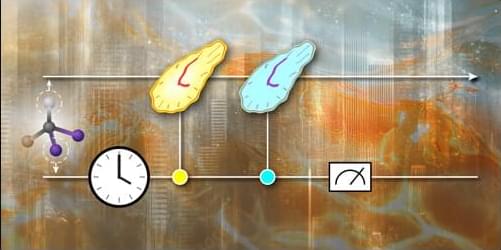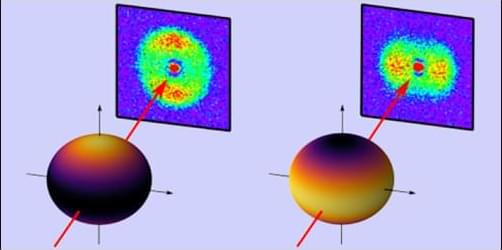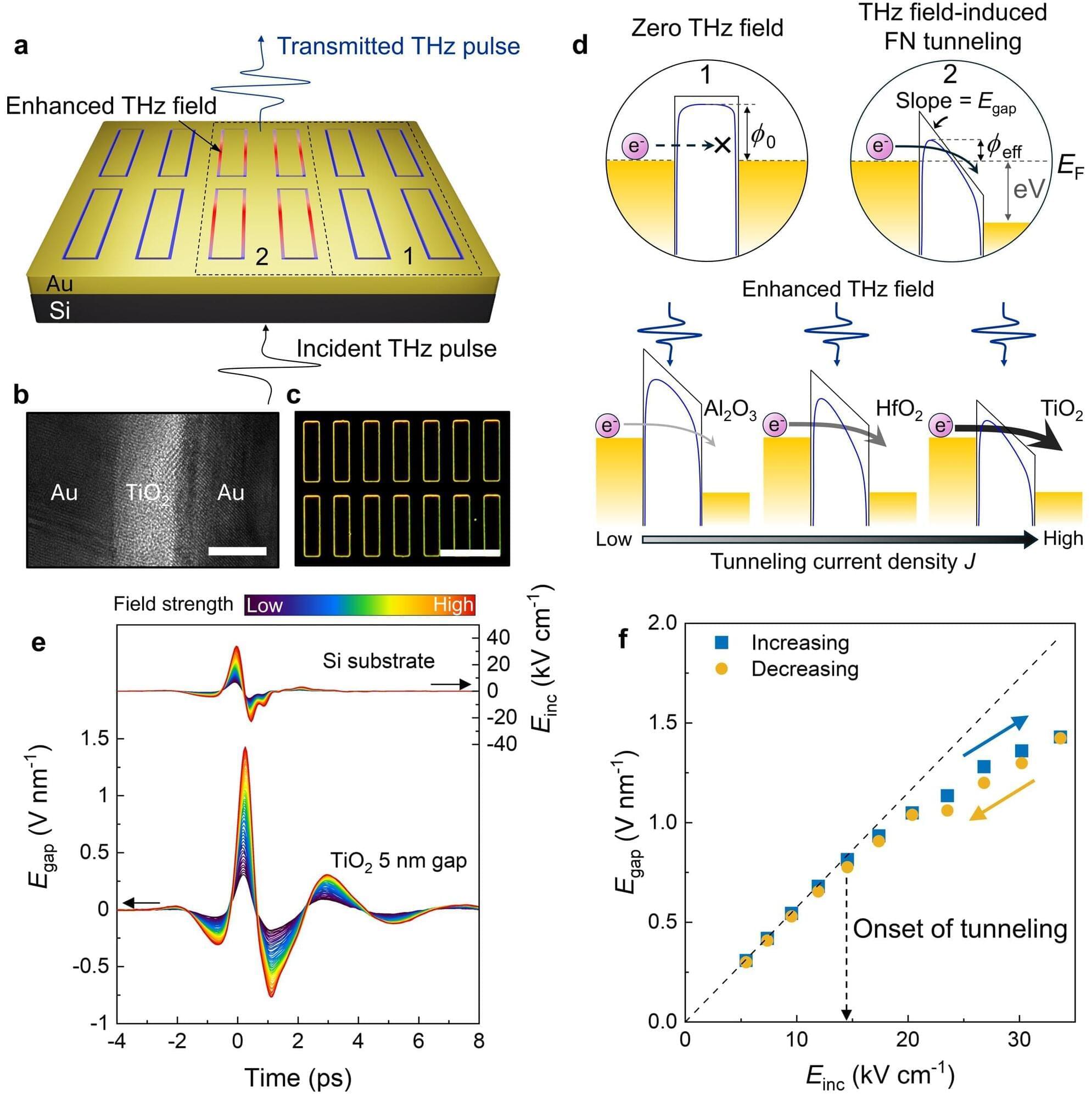I like stephen Wolfrem I’m an admirer.
Patreon: https://www.patreon.com/seanmcarroll.
Blog post with audio player, show notes, and transcript: https://www.preposterousuniverse.com/podcast/2021/07/12/155-…l-physics/
It’s not easy, figuring out the fundamental laws of physics. It’s even harder when your chosen methodology is to essentially start from scratch, positing a simple underlying system and a simple set of rules for it, and hope that everything we know about the world somehow pops out. That’s the project being undertaken by Stephen Wolfram and his collaborators, who are working with a kind of discrete system called “hypergraphs.” We talk about what the basic ideas are, why one would choose this particular angle of attack on fundamental physics, and how ideas like quantum mechanics and general relativity might emerge from this simple framework.
Stephen Wolfram received his Ph.D. in physics from Caltech. He is the founder and CEO of Wolfram Research, and the creator of Mathematica, Wolfram|Alpha, and the Wolfram Language. Among his awards are a MacArthur Fellowship. Among his books is A New Kind of Science. He recently launched the Wolfram Physics Project.
Mindscape Podcast playlist: https://www.youtube.com/playlist?list=PLrxfgDEc2NxY_fRExpDXr87tzRbPCaA5x.





